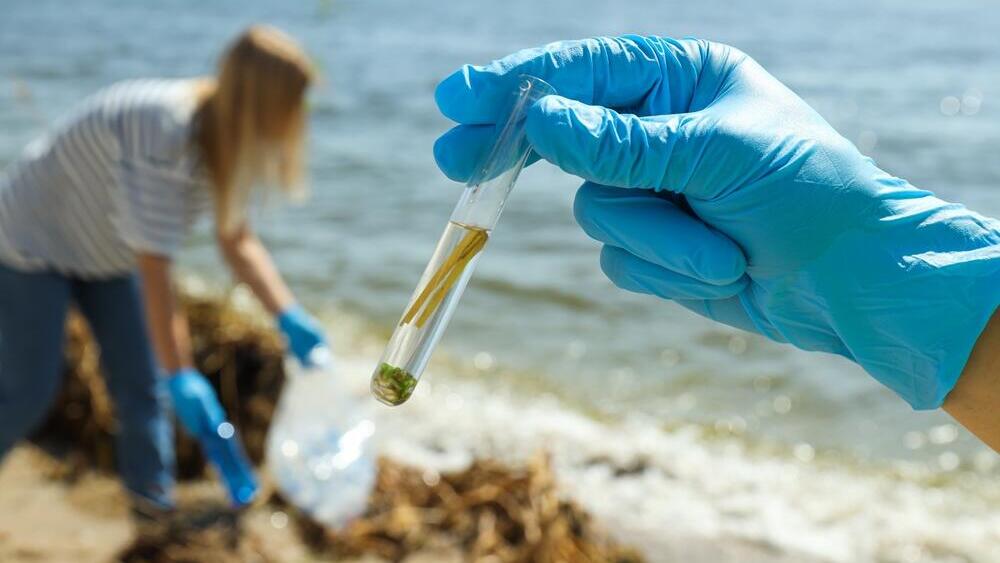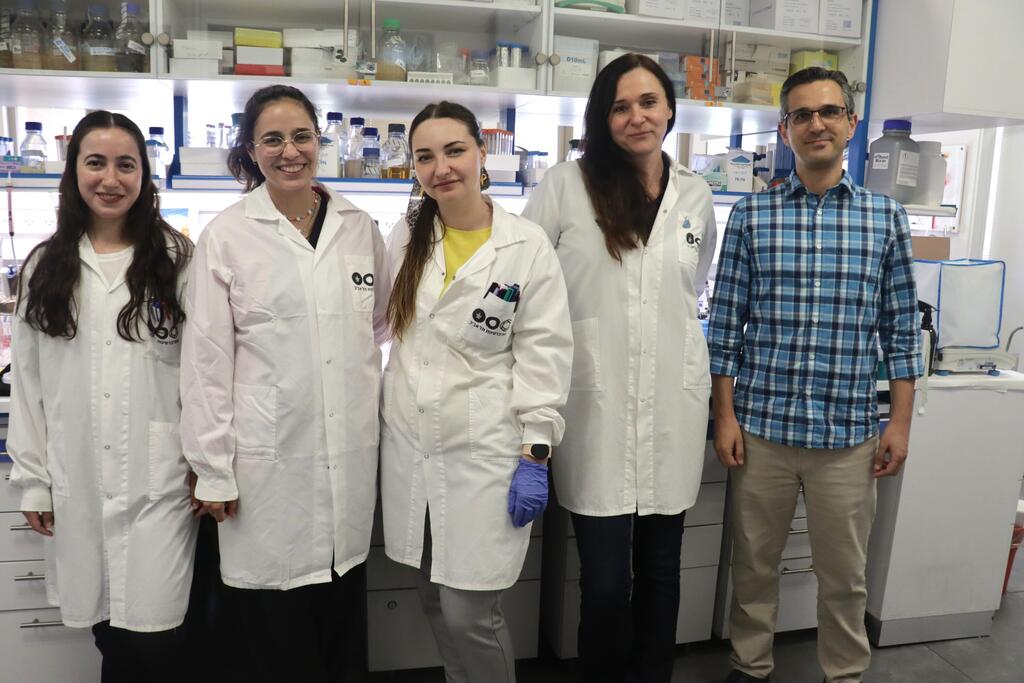Researchers from Tel Aviv University have discovered drug-resistant Vibrio bacteria in seawater samples taken from the beaches of Tel Aviv, Ma’agan Michael and the Gulf of Eilat. These bacteria are known to cause disease in both humans and marine animals and are increasingly linked to antibiotic resistance.
The study was conducted in the labs of Prof. Dor Salomon and Prof. Motti Gerlic and led by doctoral student Katarzyna Kanarek from the university’s Department of Microbiology and Clinical Immunology. Results were published in the mSphere journal and funded by Tel Aviv University's Center for Combating Pandemics.
“Vibrio is a large family of bacteria that lives in saltwater, including seas and oceans,” Prof. Salomon explained. “Many strains are pathogenic to humans and marine life. Two things make them particularly concerning: they can share genetic information—including traits that allow them to kill immune cells—and they thrive in warm water. As global temperatures rise, we’re seeing them spread geographically and cause more infections.”
While Israel hasn't seen major Vibrio-related outbreaks in recent decades, a Health Ministry report shows a steady increase in the number of Vibrio strains isolated from patients. The bacteria can cause gastrointestinal illness, wound infections and ear infections in humans, as well as deadly diseases in marine life such as coral and shellfish.
One severe outbreak occurred in 1996, when Vibrio vulnificus, known as a “flesh-eating” bacterium, was identified in Israel. “We wanted to evaluate the epidemic potential of Vibrio directly in marine environments,” said Salomon.
“In summer 2023, we collected water samples from the Mediterranean and Red Seas, sequenced the genomes of 23 local Vibrio strains and tested their ability to kill immune cells. About half of them did so with ease. Next, we tested antibiotic resistance. While no strain was resistant to all clinically used antibiotics, many showed strong resistance to azithromycin, a common treatment.”
Get the Ynetnews app on your smartphone: Google Play: https://bit.ly/4eJ37pE | Apple App Store: https://bit.ly/3ZL7iNv
The researchers also found a Red Sea bacterium producing a toxin previously identified in Southeast Asia and the Americas, where it's caused billions of dollars in damage to shrimp farms. Its presence in Israeli waters raises concern that local bacteria could acquire the ability to produce the same toxin, potentially threatening domestic aquaculture.
Though there’s no cause for alarm yet, the team is calling for more rigorous monitoring of Vibrio in Israel’s coastal waters. “Like in Europe and the U.S., surveillance here focuses mainly on hospitals,” Salomon said.
“Israel’s national Vibrio monitoring center samples strains from patients and tests their resistance to antibiotics. But strains that seem harmless today could become dangerous tomorrow, especially to humans or marine agriculture. The pathogenic potential is already present along our shores.”
He urged authorities to establish a formal monitoring system—before infections begin—and advised the public to take precautions. “Avoid swimming with open wounds,” he said, “and be careful with raw seafood — especially shellfish, which filter and accumulate bacteria from the water.”



